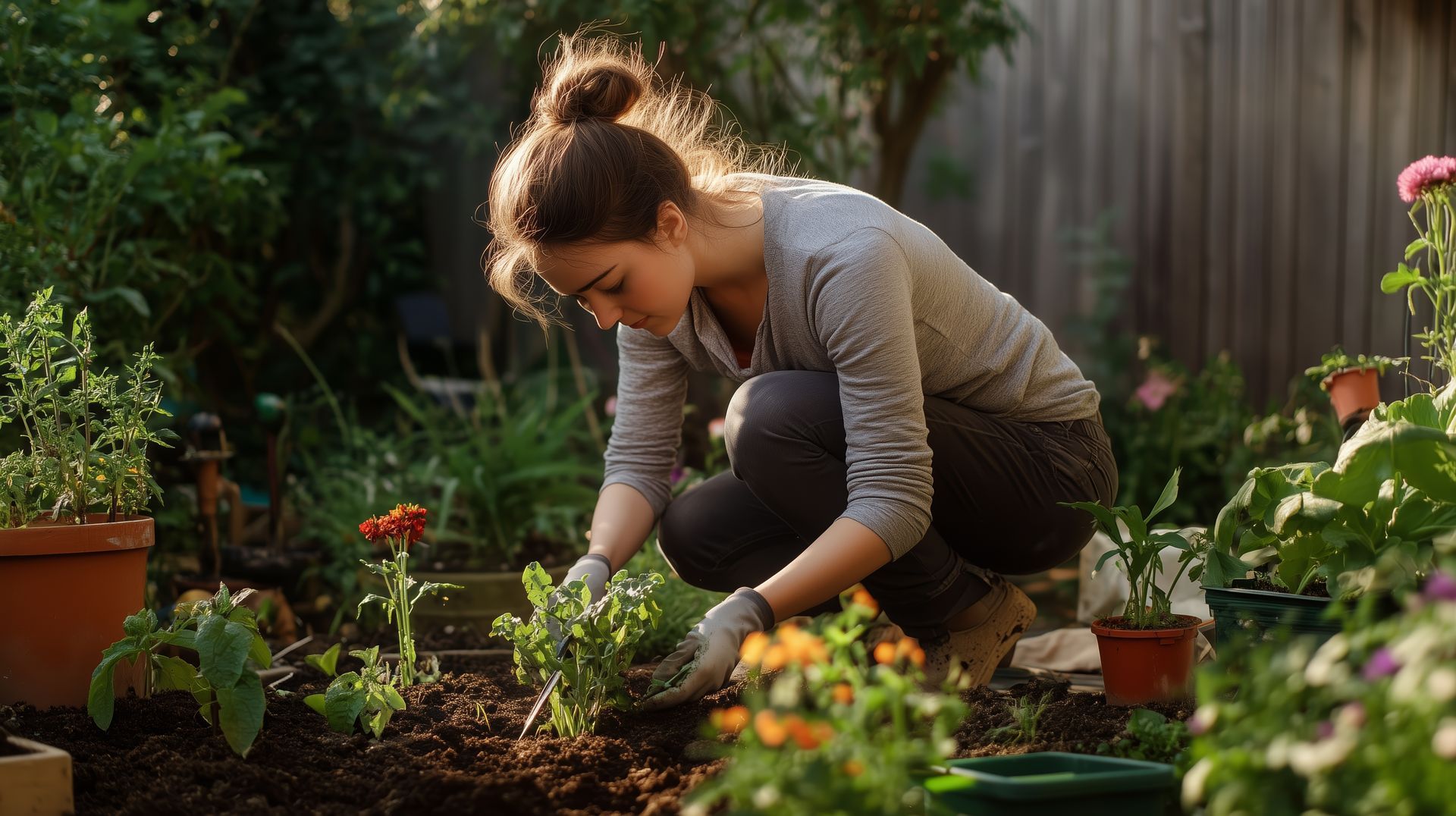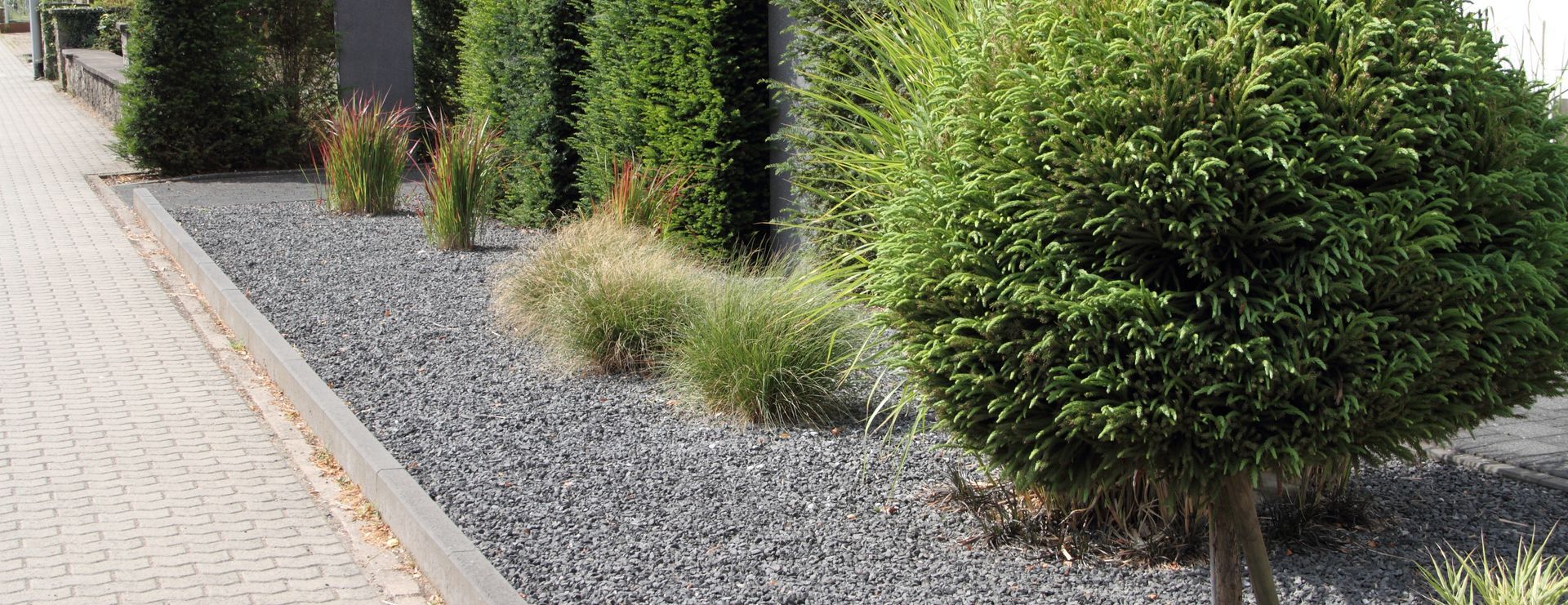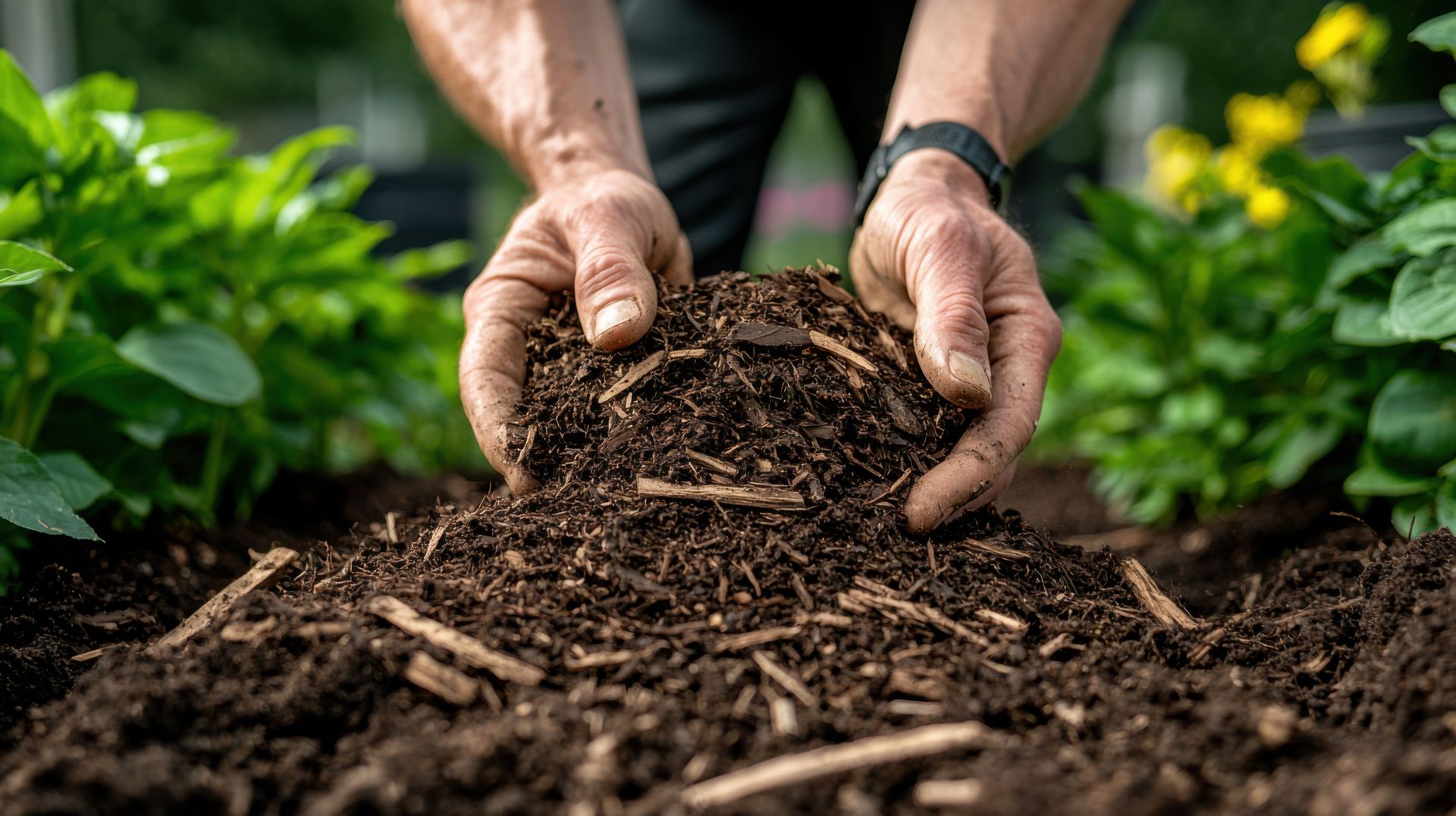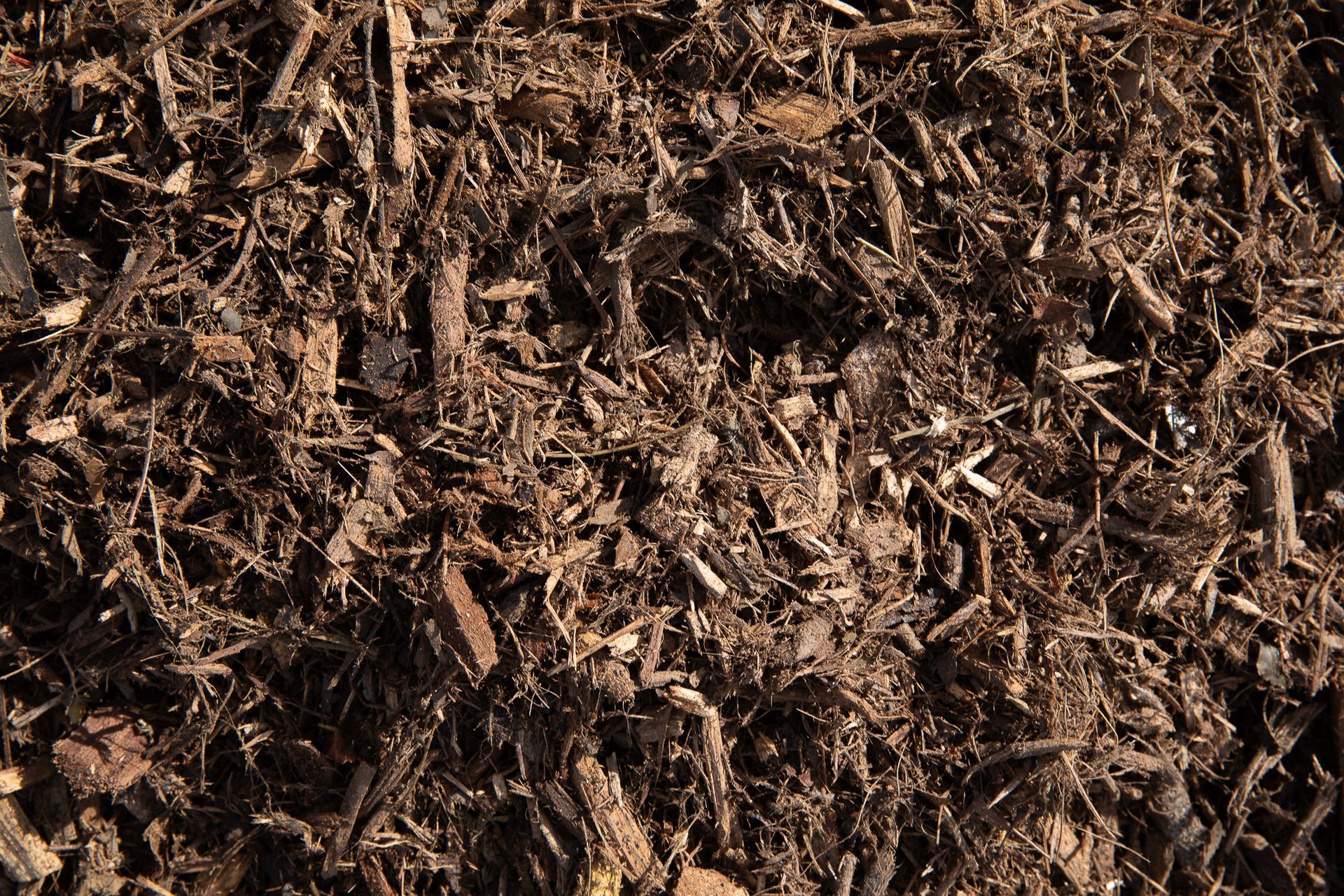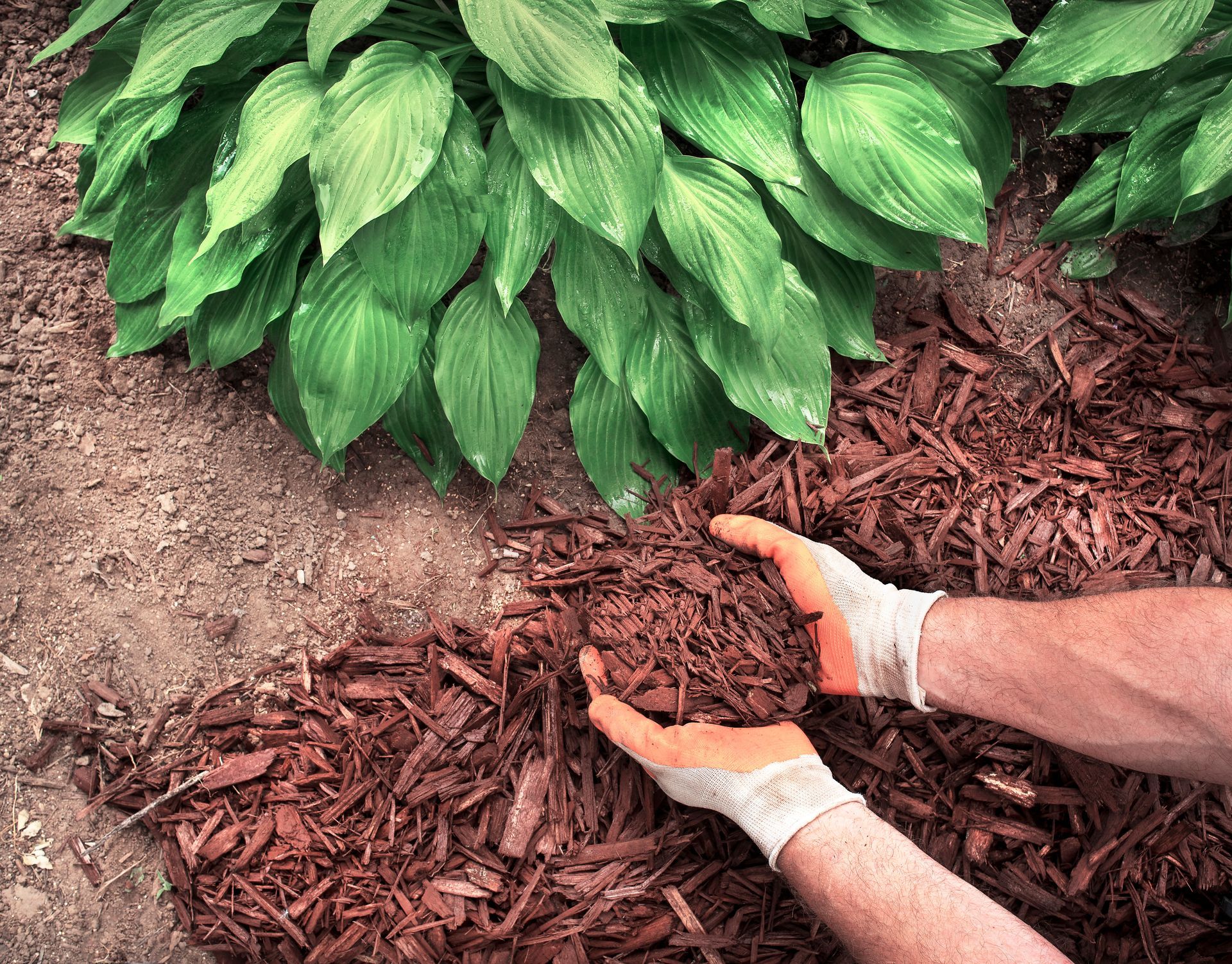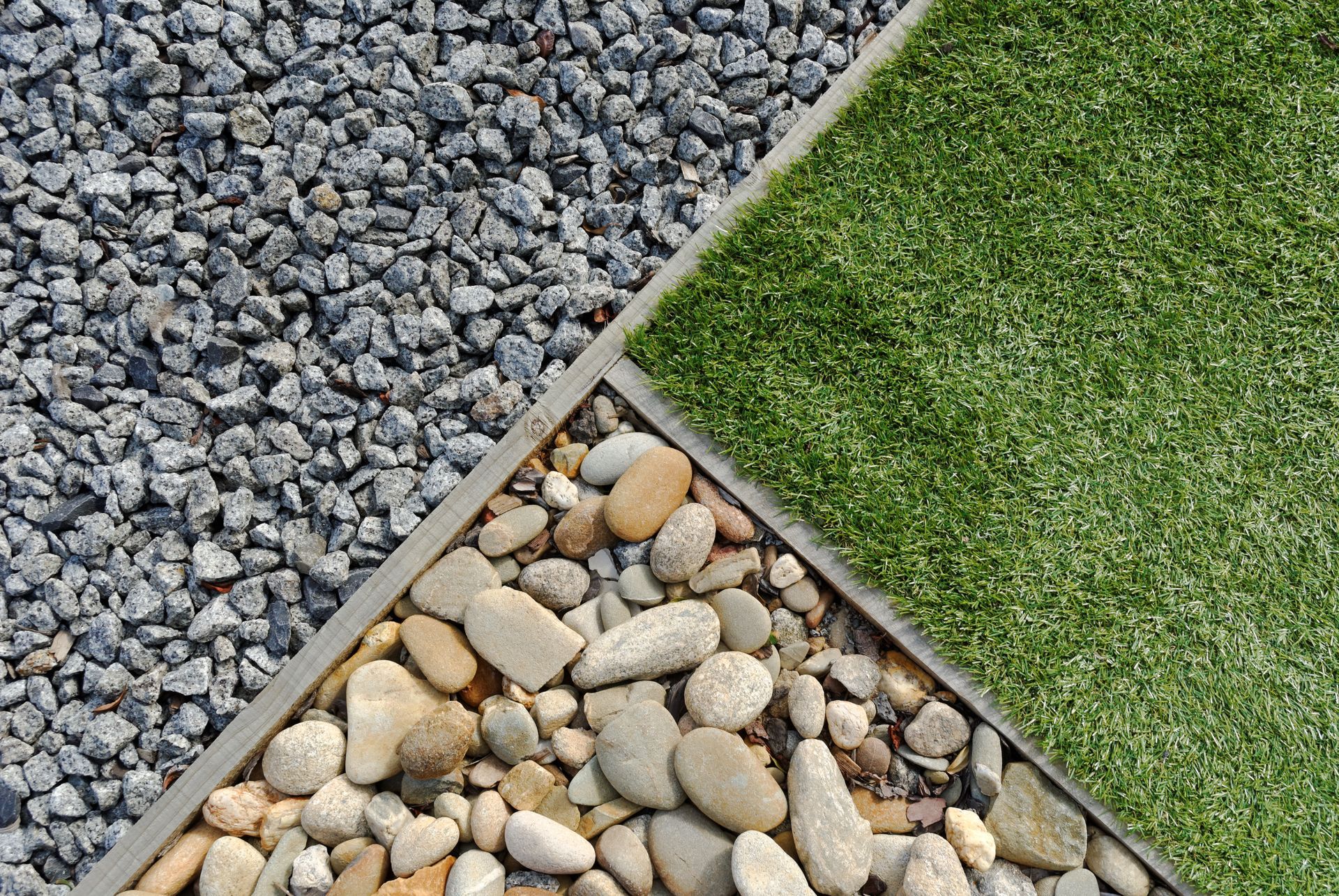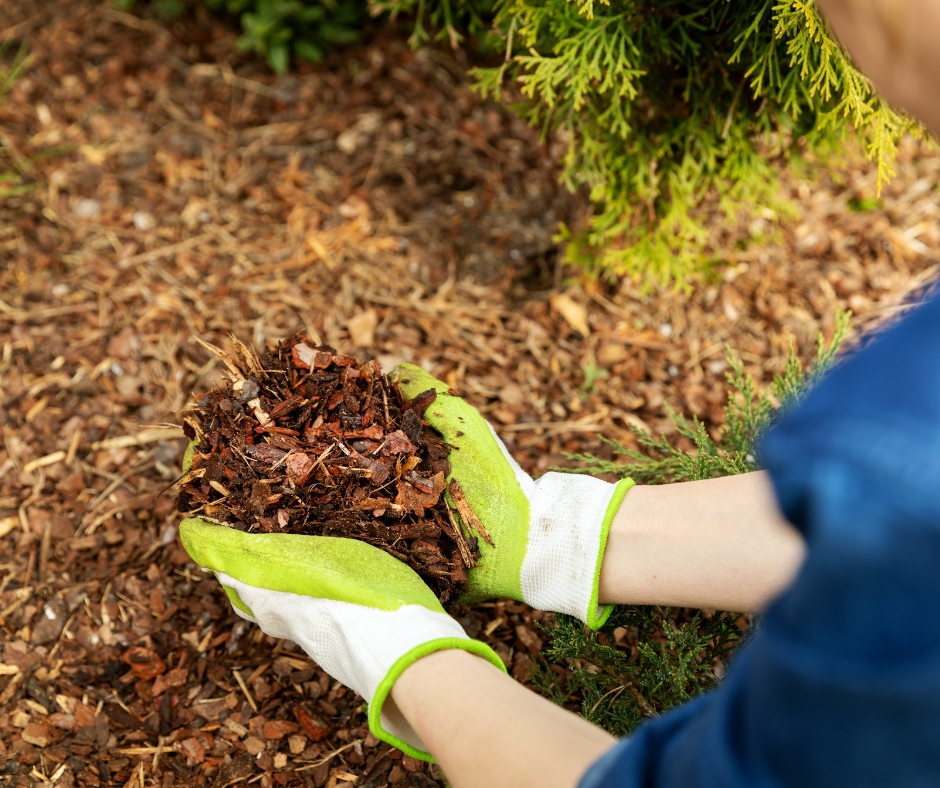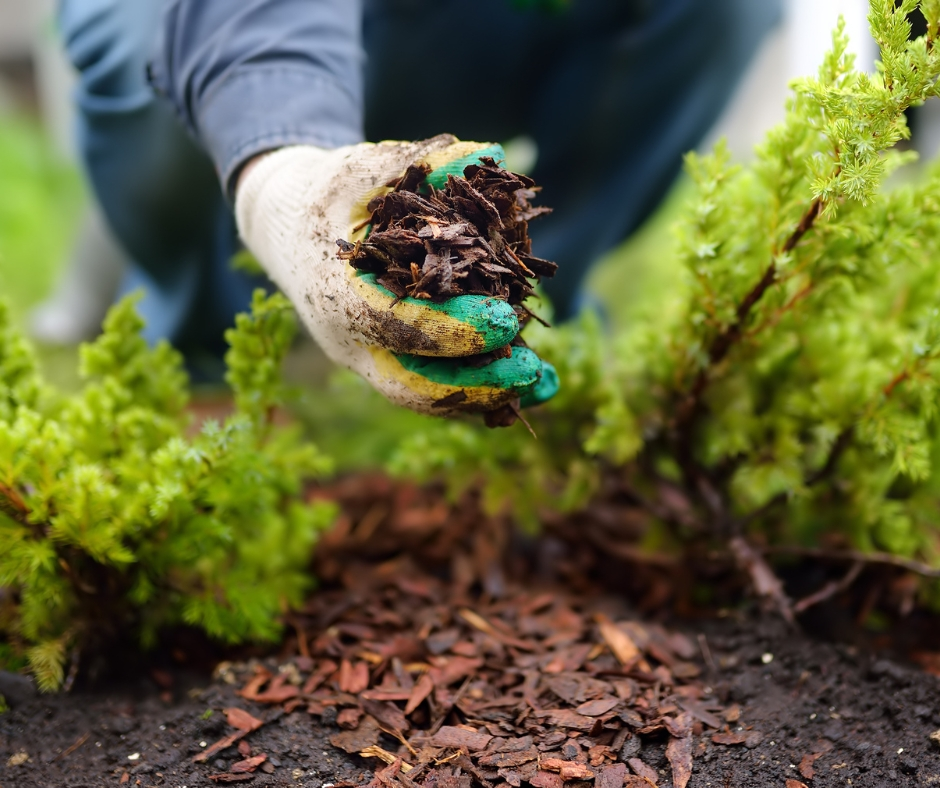Mulch Matters: The One Thing Your Garden Can't Thrive Without
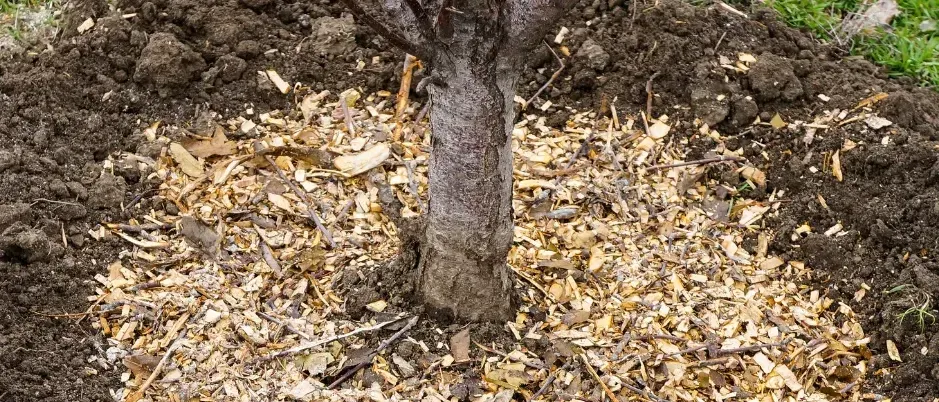
When it comes to gardening, countless factors can influence the health and vitality of your plants. From soil quality and water to sunlight and nutrients, each element plays a crucial role in nurturing your garden. However, there's one often-overlooked aspect that can make a world of difference: mulch.
Mulch is the unsung hero of gardening, quietly working beneath the surface to provide a wide range of benefits that can transform your garden from ordinary to extraordinary. In this blog post, we'll explore why mulch matters and why it's the one thing your garden can't thrive without.
What Exactly Is Mulch?
Before we dive into the reasons why mulch is so essential, let's first clarify what mulch is. Mulch is a layer of material placed on the surface of the soil around your plants. This material can be organic or inorganic and serves multiple purposes in your garden.
Common organic mulches include wood chips, straw, leaves, grass clippings, and compost. Inorganic mulches may consist of gravel, rocks, or even plastic sheeting. Both types have their advantages, but organic mulches tend to offer more benefits for your garden's overall health.
1. Moisture Retention
One of the primary benefits of mulch is its ability to retain moisture in the soil. By covering the soil with a layer of mulch, you create a barrier that helps prevent water evaporation. This means your plants have a more consistent source of moisture, reducing the need for frequent watering.
In times of drought or hot weather, mulch can be a lifesaver for your garden. Your plants will have access to moisture even during dry spells, ensuring they stay hydrated and healthy.
2. Weed Suppression
Weeds can be a gardener's worst enemy, competing with your beloved plants for nutrients, water, and sunlight. Mulch acts as a natural weed barrier by blocking sunlight from reaching weed seeds, preventing them from sprouting and thriving. This means less time spent weeding and more time enjoying your garden.
3. Temperature Regulation
Mulch also helps regulate soil temperature. It acts as insulation, keeping the soil warmer in the winter and cooler in the summer. This creates a stable and comfortable environment for your plant's root systems, allowing them to grow and thrive year-round.
4. Soil Enrichment
Over time, organic mulches break down and decompose, adding valuable nutrients to the soil. This natural enrichment improves soil quality, making it more fertile and hospitable for your plants. As mulch breaks down, it also encourages beneficial microorganisms in the soil, which further enhances plant growth.
5. Erosion Control
In gardens on slopes or areas prone to heavy rainfall, mulch can help prevent soil erosion. It acts as a protective layer, keeping the soil in place and preventing it from washing away during storms.
6. Aesthetic Appeal
Last but not least, mulch can enhance the aesthetic appeal of your garden. It creates a neat appearance, making your garden beds look well-maintained. You can choose mulch colors and textures that complement your garden's overall design, adding an extra layer of visual interest.
Choosing the Right Mulch
When selecting mulch for your garden, consider your specific needs and preferences. Organic mulches are often preferred for their many benefits, but they do require replenishing as they decompose. Inorganic mulches, on the other hand, provide long-lasting weed control but don't contribute to soil enrichment.
Mulch comes in various forms and materials, so take the time to research and select the best type for your garden's unique requirements.
Mulch is not just an optional addition to your garden; it's a fundamental element that can significantly impact the health and success of your plants. Whether you're a seasoned gardener or just starting, don't underestimate the power of mulch. By incorporating it into your gardening routine, you'll create a thriving and beautiful garden that's the envy of the neighborhood. So, remember: Mulch matters and your garden can't thrive without it.
